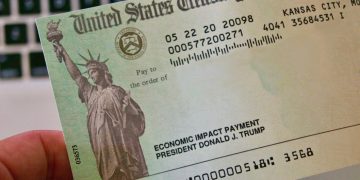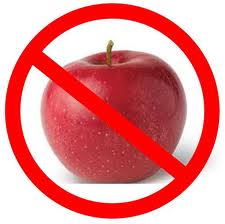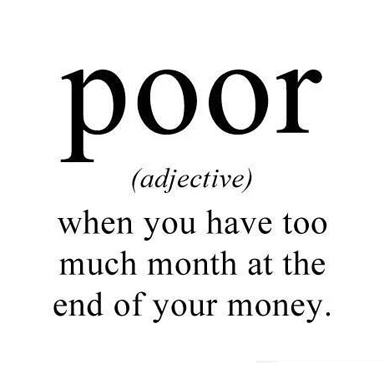I had a conversation with my brother the other day that inspired this post. We were talking about my mother’s crazy assertions that I somehow have a bunch of money secretly stashed somewhere since I was able to purchase the investment property with 100% cash. My brother knows that I borrowed roughly half the vested value (the maximum allowed by my 401(k) plan) to purchase the property. What neither my brother nor my mom knew, and what I later shared with him, was how I managed to save money in a 401(k) while deeply in debt.

I started my 401(k) when I was 19 years old. You read that correctly. At the time I was make $10 an hour part-time while going to school full-time. The temp agency that I worked for offered a 401(k), and while I didn’t fully understand it, the thought that I could put away a little money that the government didn’t tax made sense to me. I certainly needed the money, but I figured that if I put away 1% my pay check it only amounted to $0.10 per hour. I wasted more money buying cans of soda at school. The temp agency didn’t match any of my contributions.
I eventually worked my way up to making $12 an hour at that job and increased my 401(k) contribution to a whopping 2%. I figured that even if I increased my 401(k) contribution, I wouldn’t miss the money too much since I was still going to be taking home more pay. I was right and I didn’t miss it. When I graduated from college my first job paid $35K. I was in heaven. That worked out to $16.83 an hour but not only did my pay increase; my expenses also increased.
I now had to repay $26K in student loans and $4K in a PLUS loan that my mom had taken out for me for my first year of school. I also had to pay for a portion of the healthcare that the company provided (I didn’t have health coverage before that), in the amount of about $70 per month. On top of that I had about $20K in credit card debt and the interest payments were drowning me. I really couldn’t afford to contribute to the 401(k) but I did anyway to the tune of 1% of my pay. The company matched 25% of my 1% however, I wouldn’t be fully vested (meaning the money wouldn’t be mine) for about 3 years.
After about a year I received in increase in salary to $45K, but will my credit cards kicking out so much interest, I decided to focus on my credit cards. The good thing is that my contributions did increase automatically since my salary increased.
Two years into the job the tech bubble burst, 9/11 happened and I found myself (along with 5,000 of my colleagues) out of a job with 3 months’ severance. I found a new job within two weeks making $5K more than the last job. When I landed that job, I upped my 401(k) to 2%. I wasn’t at that job for 7 months before a merger occurred that left about 2,000 of us out of a job. I went back to school for my MBA and found a new job within a month of starting school. The new company matched the 401(k) up to 50% of contributions but you had to be there for 5 years for a single penny to vest. At that time I think I was contributing 3% to 4% of my paycheck and also dumping in about 50% of any bonuses that I received. You know what happened don’t you? I changed jobs 4 years in and now got zippo in matching funds from that employer.
Fast forward years later to my current employer where I am contributing 10% of my paycheck to my 401(k). My current employer matches 4% of my paycheck, so it’s like me putting away 14%.
I tell you my history to say that over 13 years I saved very little of my income into the 401(k) but still managed to have about $40K of my own money when I needed to borrow the money to pay for my house. I would have had more but I took a hardship withdrawal of about $6K somewhere in between. At the time the contributions were small and I thought they were pretty insignificant, but 13 years of diligently putting pennies into the jar can lead to a big jar over time. We often see stories of people who die as “secret millionaires” when they never made a big salary and now that I am reflecting on my own past; I can see how it can be done.
I see people ask all the time if they should stop contributing to their retirement in order to pay off their current debt. Based on my history I would say no. I would do as I did and drop any contribution down to the barest minimum, because I promise you, you will not miss the money. If you can pay ATM fees then you can contribute to your 401(k).
I can honestly say that I never stopped contributing. Every time you receive a raise you should increase your contribution accordingly. Even if raises are frozen or slow to come, my 401(k) contribution will stay right where it is, but I will keep adding my little pennies to the jar.

























